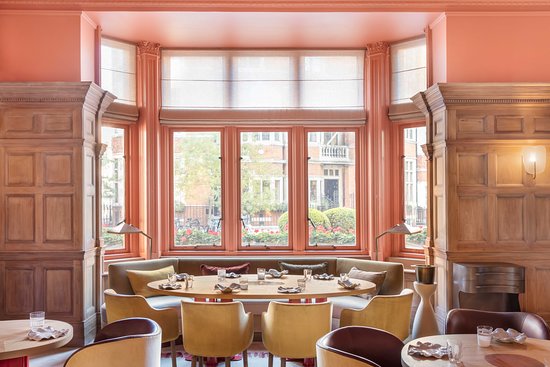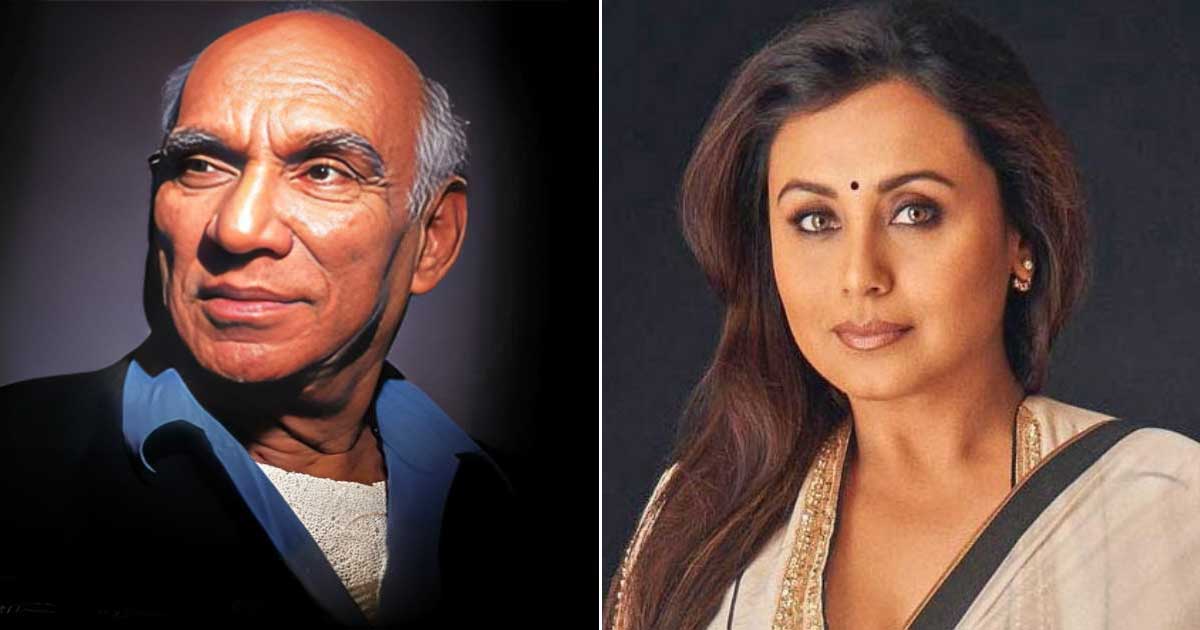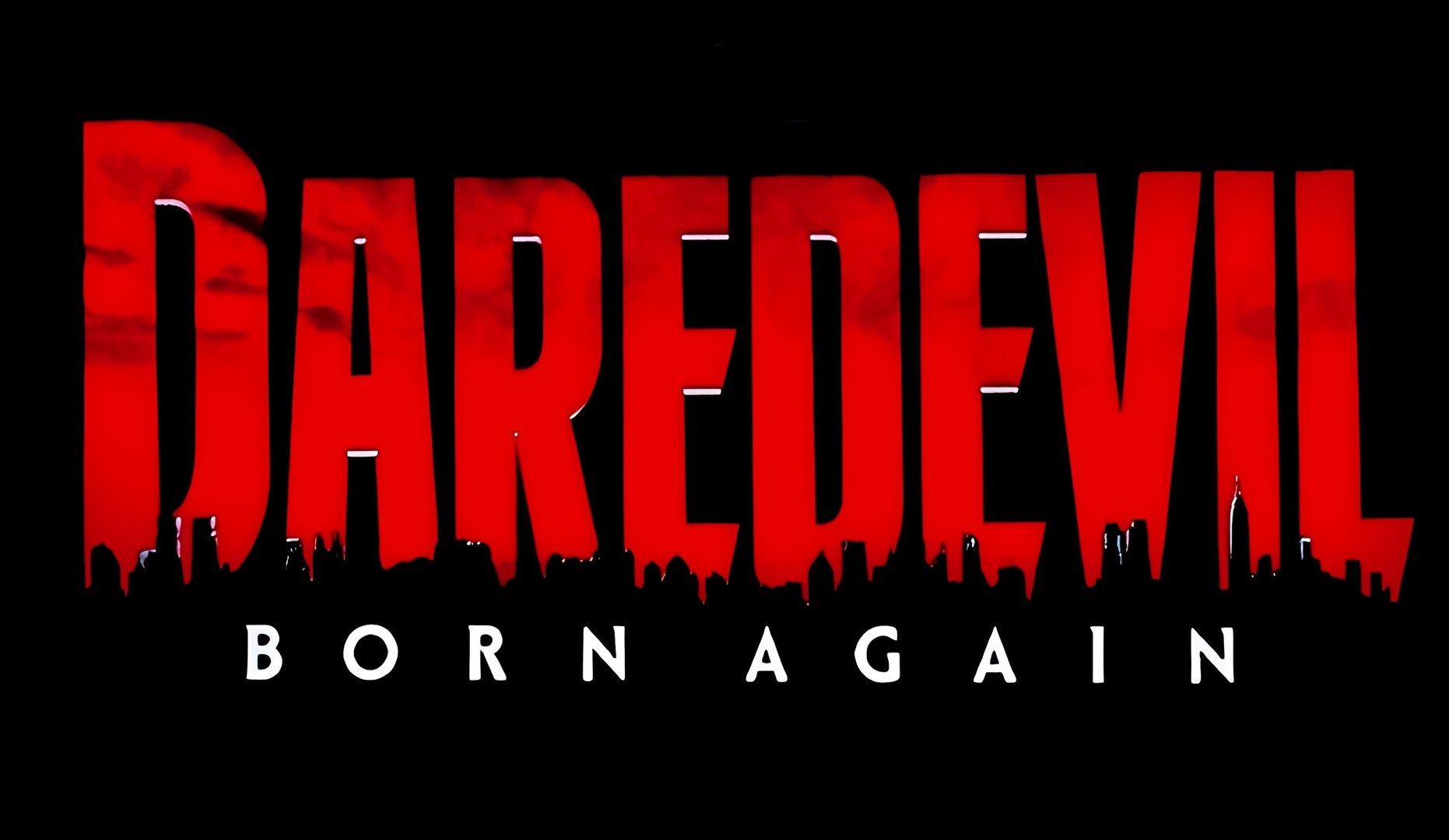In 1815, the Prince of Saxe Coburg Hotel in London opened its doors in Charles Street, Mayfair. It was originally a pair of Georgian houses.
In 1917, during the First World War, the decision was made to change the name to the less-German “Connaught”; the tag chosen was taken from the title of Queen Victoria’s third son, Prince Arthur, the first Duke of Connaught.
A century on, The Connaught is a world-renowned 5-star luxury hotel, the epicentre of British hospitality. Described as one of “the most beautiful properties in London” by travel guides, it sets the standard for service and facilities.
Throughout its illustrious history, The Connaught has hosted guests such as Edward VII, Charles de Gaulle, Princess Grace of Monaco, Eric Clapton, Jack Nicholson and Ralph Lauren. But in recent years, the luxury hotel has become notable for a different service it offers – fine dining.
Boasting three Michelin stars, the hotel is home to a luxury French restaurant, led by celebrity chef Helene Darroze. She alone holds 6 Michelin stars and owns three restaurants. In 2008, Darroze was named the new chef at The Connaught in London, replacing Angela Hartnett, who had been operating on behalf of Gordon Ramsay Holdings up until that point.
Darroze took over at the restaurant as part of a £70m refurbishment of the hotel and is also responsible for the establishment’s catering services.
Each dish is described as being “grounded in seasonal produce sourced from the farmers, makers and growers carefully chosen by Hélène”. But, with multiple restaurants worldwide, she is not the chef who creates the menus, prepares the dishes and serves customers at this high-end restaurant on a day-to-day basis – that is Marco Zampese.
After being appointed Head Chef in 2018, Marco became Executive Chef three years later and is widely credited with helping boost the restaurant’s popularity. But his journey to the top has been far from easy.
Born in 1988, Marco grew up in Marostica, a small town in the province of Vicenza in Northern Italy. His love for food came from his grandparents – farmers who created home-cooked meals from freshly produced vegetables, fruit and olive oil – and he enrolled in culinary school; he was there for five years. His father then encouraged him to attend a local university, which he did while working every weekend in different restaurants, from fine dining to the produce market.
After that, Marco combined his passion for food with a love for travel, in his new job as the head chef of the Italian national cycling team. That required him to attend tournaments and training, including the Olympic Games and World Cycling Championships.
In 2012, after graduating, a chance phone call from a friend and the lure of London’s dynamic restaurant scene saw him travel to the UK to work at the Michelin-starred Wild Honey restaurant in Mayfair. London was meant to be the first stop on a global adventure but he quickly flourished and developed as a chef under Anthony Demetre’s tutelage. After six months, he was promoted to Sous Chef and thrived in the fast-paced, detail-focused kitchen.
Moving to London, Marco says, was the biggest challenge of his life.
Marco said: “I was very young, in a new country, and there was a language barrier. I was forced to learn English in three months. I moved from a small village in Italy to London, so I had a bit of a culture shock. The first month was very tough, I lost six kilos working from seven in the morning until midnight, but for sure I would do it again.”
Despite struggling initially, Marco persevered, a quality he suggests is absent in too many young people.
“Now, the younger generation is different. They are missing a desire to work full-time and cope with pressure. At the moment, we have a team with 20 chefs in the kitchen, and I see there is a lot of turnover with the younger people because they are not used to working so much.”
What has caused this shift in the work ethic? Marco believes it’s due to a variety of factors, including COVID, Brexit and parenting.
“Nowadays, many parents say, ‘Find a job where you get a lot of money and don’t work too much’.
“My parents told me to always work hard and understand the value of work. These little steps are missing for the younger generation,” says the 35-year-old.
But Marco accepts the pandemic had a massive impact. Working from home became the norm, and young people have struggled to adapt since. It has changed his restaurant’s attitude to work-life balance.
“Now, we have to give a lot of time off to workers to be with their families and have time away from work. Before COVID it was maybe ten per cent, now it’s more like 40 per cent,” says Marco.
“COVID opened the eyes of the industry.”
After learning his trade at Wild Honey, Marco was looking for a new challenge, and Demetre suggested he consider Hélène Darroze’s London restaurant. Following a successful trial, he started working at Helene’s two Michelin-starred restaurant at the Connaught in January 2014.
He rapidly climbed the culinary ranks, was promoted to Junior Sous Chef after just a few months, then Sous Chef and became Head Chef in 2018. In 2021, Marco was Executive Chef when Hélène Darroze at The Connaught was awarded three Michelin stars in the Michelin Guide to Great Britain and Ireland.
Marco credits much of his success to the freedom given to him by Darroze. “She gave me the chance to help transform the menu and the guest experience during my time here. We prioritise seasonality, giving priority to the quality of the ingredients.”
But how exactly did Marco transform the menu?
He explains that although they have their signature dishes, they constantly review and change the menu, to keep improving and experimenting to stay up to date with the industry.
“Something good and new today might not be the same a year later, so we have to keep challenging ourselves to do better. We certainly never get bored!”
The Connaught also places a firm emphasis on guest experience – each customer is treated to a surprise item which isn’t on the menu.
One of them was created by Marco himself – a Vitello Tonnato, from the Piedmontese region.
“This is veal served with tomato sauce, tuna mayo, anchovies and capers, but I serve it with tuna heart on top. Most guests have not tried this variation before,” he says.
For Marco, the role of head chef guarantees long hours in the kitchen. He says he normally arrives around 7am, with his first job being to make sure all the team is in the kitchen, and everyone is happy.
Next, it’s time to receive the delivery of the produce, which he checks to make sure it’s up to the standard and quality required.
After that?
“Delivery preparation, as we try to make almost everything fresh every day.
“Everyone on the team has a different job. If I told you everything we do I’d be here a long time!”
Finally, I asked Marco what advice he’d give to a young person who dreams of becoming a chef.
“I have quite a few young people in our kitchen at the moment, and I always tell them what my grandfather said to me. From 20 to 30 years old, do not look at your salary – I know this is difficult to do.
“After 30, you have a family to provide for and it matters more. But between 20 and 30, work hard and as much as you can, to find your ideal area of work. It will be paid back at one point in your life,” he says.
“At this stage,” Marco continues, “you need to be like a sponge – absorb as much as possible from people around you, with more experience and skill, and learn from them. This applies to any industry.
“Lastly, try always to aim to be the best. The best restaurant, hotel whatever it is. Head down, work hard, absorb, learn and then at one point you will take the next step towards whatever you want to do.”
The Connaught may have originated as a standalone hotel, but over 200 years later, under the command of talented chefs such as Marco Zampese, it has become a fine-dining powerhouse in the heart of London.







